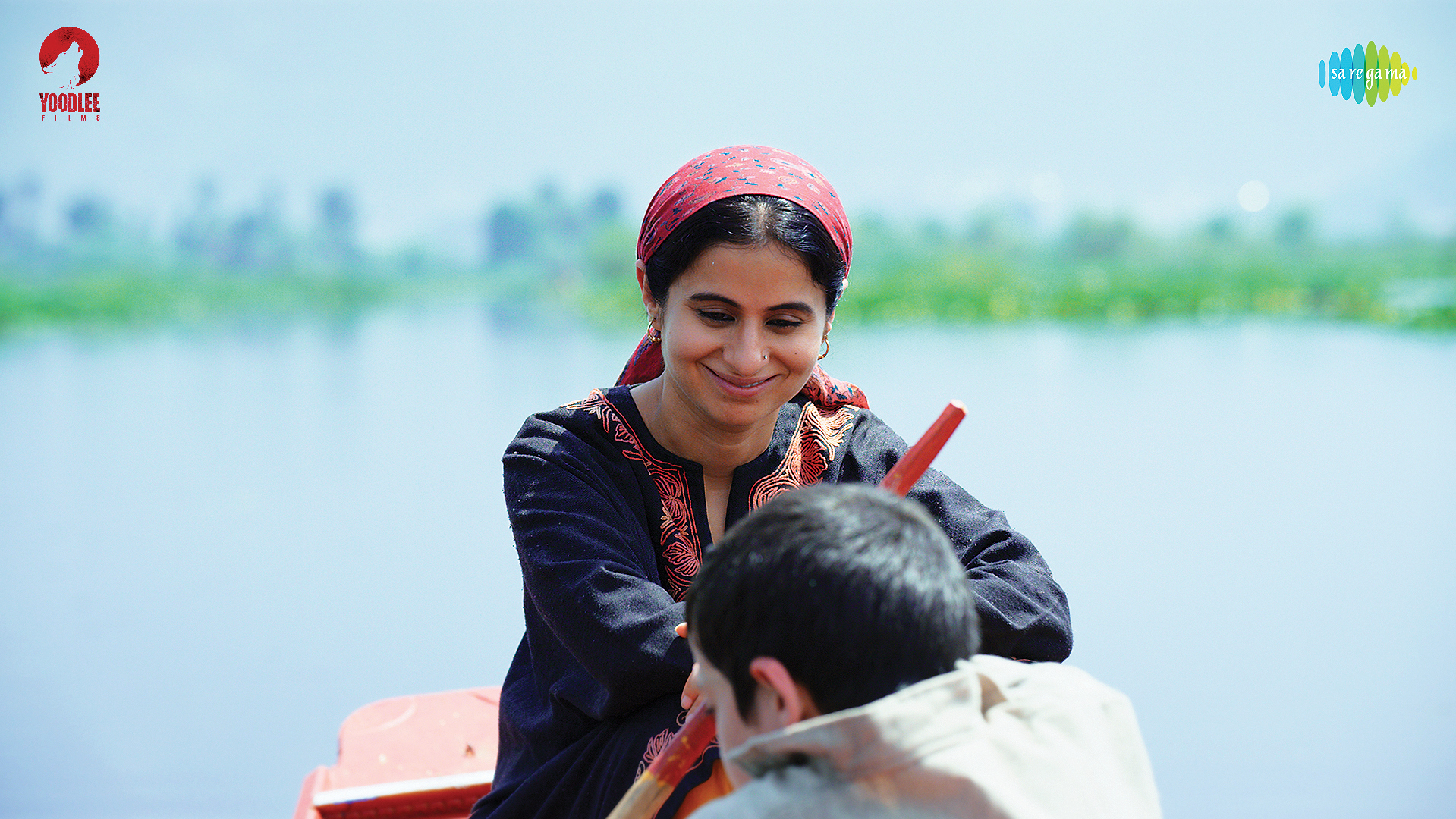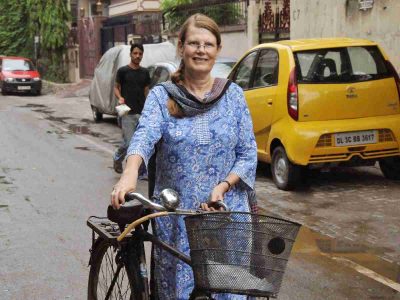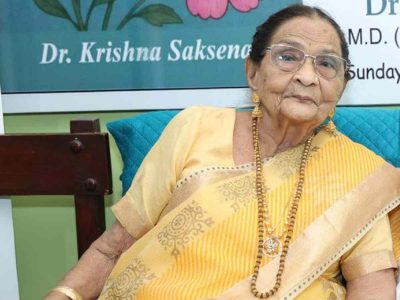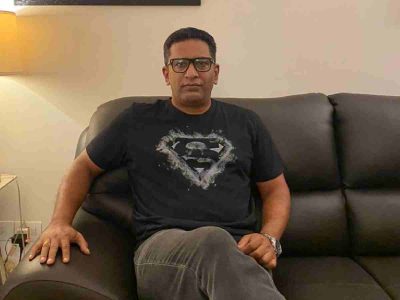With astonishingly good timing, a feature film that shows Kashmiri boy Hamid’s relationship with a CRPF jawan is coming to a neighbourhood near you
“Allah bohut khoobsurat hain. Allah bohut takatvar hain, aur Allah acchey gaatein bhi hain” (Allah is very beautiful. He is strong and sings really well) — says eight-year-old Hamid, a young boy searching for his missing father.
Hamid is a character of Aijaz Khan’s film of the same name, which portrays the true story of many lives in strife-ridden Kashmir. The story is inspired from Kashmiri playwright M Amin Bhat’s Number 786.
The film is about the young boy’s quest and his unlikely friendship with a CRPF jawan. Hamid is told 786 — the number considered holy in Islam — is the phone line to Allah. He dials the number hoping to speak to God and this is how accidentally he connects to the jawan. And therein begins an unlikely bond between two fractured souls.
Just before its release, Patriot speaks to Rasika Dugal — the versatile actor who depicts the role of Ishrat — Hamid’s mother, and the filmmaker Aijaz Khan. Excerpts from interview with Rasika Dugal:
How did you prepare for your role in Hamid?
I am playing the role of a Kashmiri woman whose husband has gone missing. It is a very difficult role to play. When filmmaker Aijaz Khan first called me to offer the role, I said “I don’t think I will be able to do it because I don’t have enough time to prepare for the role. And I don’t want to do any kind of disservice to the story of the Kashmiri people, as they have already been through so much.”
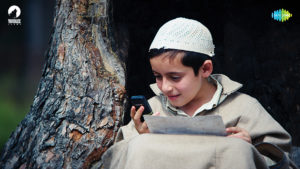
But Aijaz was very confident that I could pull it off. And because of his confidence, I ignored my nervousness and went ahead with it. I tried to read about it and watch as many documentaries as I could on the subject. Also, I went to Kashmir 10 days prior to the shooting because I cannot prepare for a role like this sitting in Mumbai.
In Kashmir, I spent a lot of time with the people of the village we shot in. That is how I picked up their accent. And during my research, there was one documentary — Where have you hidden my Crescent Moon by Iffat Fatima — that really stayed with me and moved me. It became a very essential part of the process of understanding Ishrat (Dugal’s character in the film).
The entire film was shot in various parts of Kashmir. How conducive was the environment?
We found it a friendly place to shoot in. The people of Badarkund village went out of their way to make us feel at home and to give us whatever we needed. They were very hospitable. They fed us a lot (laughs). In between shots, I would go to different houses in the village and eat the delicious meals they cooked. So, it was fun.
The challenging part was being able to do justice to the part I was playing. And I was constantly nervous about that. I never felt I was fully prepared. In one sense, as an actor, you should never feel prepared — as there’s always more to explore in every part you’ve been offered.
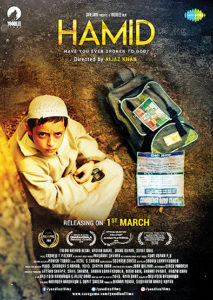
Your co-actor Talha Reshi (who plays the protagonist Hamid) is a young Kashmiri boy. Was it tough acting with a newcomer, that too an eight-year-old?
Kids are much better to work with if they are newcomers. They are totally open to receiving whatever you have to offer. So, whatever you give them, they respond instinctively and give you back so much.
Talha is a lovely child. He is naughty but also very respectful. I had a great time with him. Also, he was happy to be in the film and wanted to do his best. That was lovely to watch. He even helped me out with my Kashmiri accent. He would keep watching me repeat the same line again and again to get the accent right. And when the time came for me to deliver that line — I would see Talha would start smiling, wondering whether I am going to get it right.
Your biggest takeaway from the film?
This film gave me an opportunity to be a part of the world and a situation which is beyond my realm of experience. Those are the kinds of experiences, as an actor, one wants to have.
Tell us a little about your upcoming projects.
I have been part of a series Delhi Crime — which is coming up on Netflix next week. It is a fictionalised version of the investigation around the 2012 Delhi gangrape case. It premiered at the Sundance Film Festival. It has been very sensitively written and executed. I am very happy that the world is going to watch it soon.
Besides that, there are a couple of other things which will be coming out. I am also part of a comedy film –— which is more of a commercial than most of the other films I have done. So, it is a new space for me.

